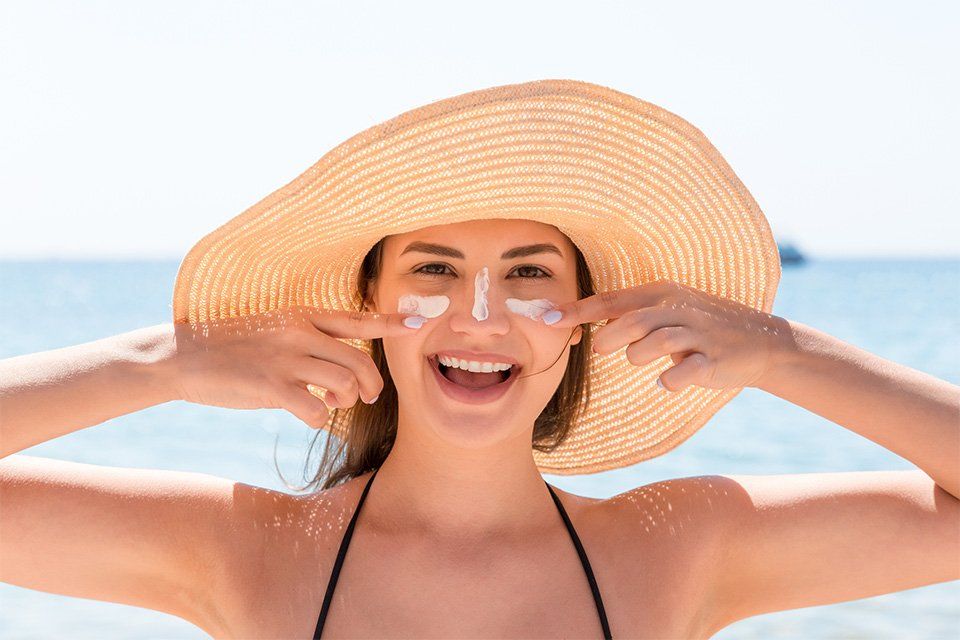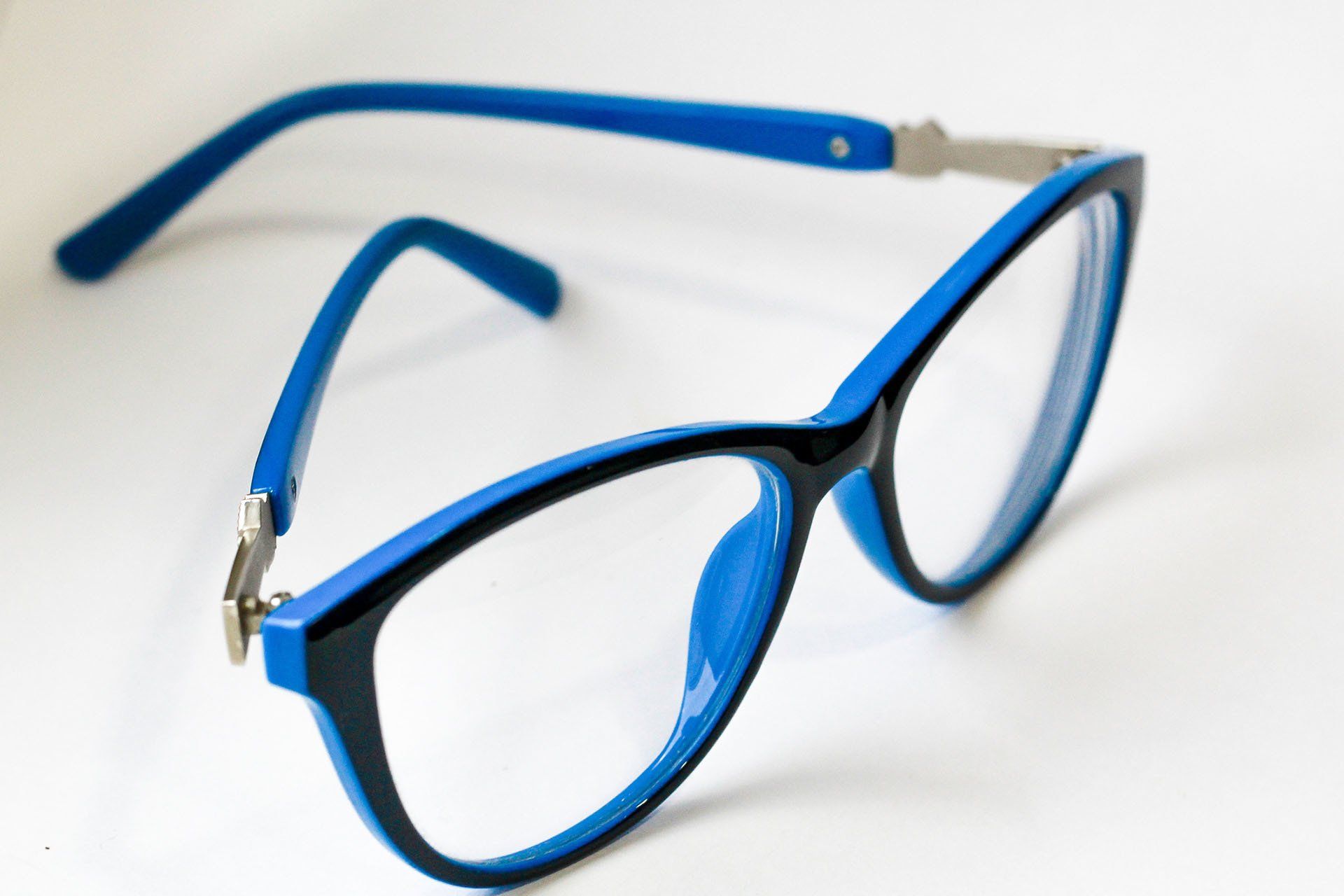Contacts, Summer Fun, And Eye Health
Summertime means sun, fun, and outdoor activities galore. But if you have contacts, can you wear them for seasonal adventures? Before you retire your lenses for the next few months, take a look at what you need to know about contacts and the summer season.
Can You Wear Contacts to the Pool?
You can wear contacts anywhere. The real question here is-can you wear contacts in the pool? If your pool day routine doesn't include a dip in the chlorinated water, your contacts shouldn't cause a problem. Contact wearers who plan to swim should:
- Remove contacts first . Bacteria in pools (even chlorinated pools) can stick to your contacts and cause serious eye infections. Avoid this issue, along with other irritations, and remove your lenses before you swim.
- Wear goggles . If you absolutely can't remove your contacts wear goggles. Make sure the goggles fit snugly around your eyes and don't allow pool water in.
- Check for leaks . Leaky goggles allow water (and the bacteria/irritants in it) into your eyes. Check the fit before you swim and periodically look for leaks during your pool day.
- Choose disposable lenses . One-use lenses make it easy to remove your contacts before pool-time. Simply take them out, throw them away, and replace the contacts with new ones after you're done in the pool.
If you forget to remove your contacts or your goggles slip, remove, clean, and disinfect them as soon as possible. Never put lenses contaminated with pool water back into your eyes.
Can You Wear Contacts to the Beach?
Like with pools, you shouldn't wear your contact lenses in the ocean. The same goes for a lake, river, or other natural body of water. Whether it's chlorinated, fresh, or salt, water should never touch your contacts.
Not only can ocean (or fresh lake/river water) irritate your eyes or cause infections, but the beach itself can cause serious problems. Sand can irritate eyes without contacts. Add lenses to the situation and you could scratch your eye or damage the contact.
Before you go to the beach:
- Remove your contacts . Remove your lenses somewhere away from the beach. This reduces the risk of sand drifting or blowing into your eyes.
- Keep your contacts somewhere safe . A beach bag is an open invitation for sand to get into your contact case. Keep your lenses in a secure bag pocket or somewhere away from the sand.
- Consider alternative eyewear . If you need corrective lenses, but can't wear your contacts, try prescription sunglasses for your beach day.
While goggles can protect your contacts against water-related issues, they won't do much when it comes to sand spray. Unless you want to wear goggles for your entire beach day (without removal), leave your lenses at home.
Can You Wear Contacts in the Sun?
The sun shouldn't interfere with your contact use. But that doesn't mean you should leave your eyes unprotected. Whether you wear contacts or not, the sun's UV rays can damage your eyes. Over time, sun exposure can result in cataracts, changes to the eye's tissue, or skin cancer (in and around the eyes).
Sunny-day outdoor contact use should include:
- Sunglasses . Always wear sunglasses that block 99 to 100 percent of the sun's UVA and UVB rays when you're outside.
- Shade . The sun can creep into your eyes through the top or side of your sunglasses. To reduce overall exposure, take breaks and head for the shade.
- UV - blocking contacts . Talk to your eye doctor about specialized UV-protecting lenses. These block varying degrees of UVA and UVB rays.
Another option is to choose wrap-style glasses. These provide additional protection on the sides and can reduce the amount of UV radiation on your eyes.
Do you need a summertime eye check-up? Contact Fraser Optical for more information.












